Fatty liver disease, characterized by the accumulation of fat in liver cells, can lead to serious health issues, including liver inflammation and cirrhosis. Managing fatty liver involves making dietary changes to promote liver health. Here, we explore the types of foods to avoid to help reduce fat buildup in the liver and support overall wellness.
Other Topics You Might Like
Helpful Products You Might Like
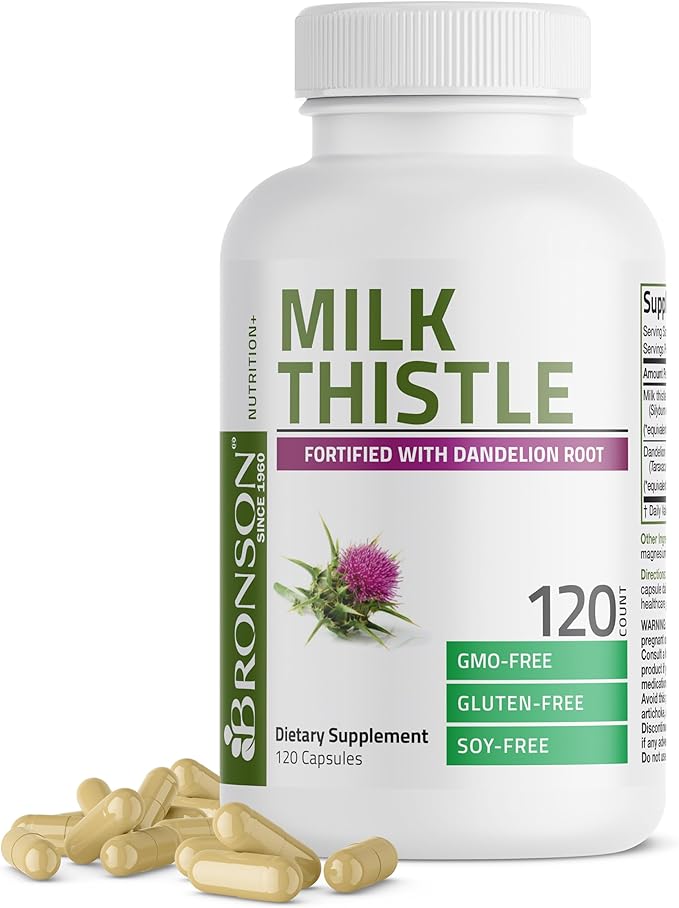
Bronson Milk Thistle Silymarin Marianum & Dandelion Root
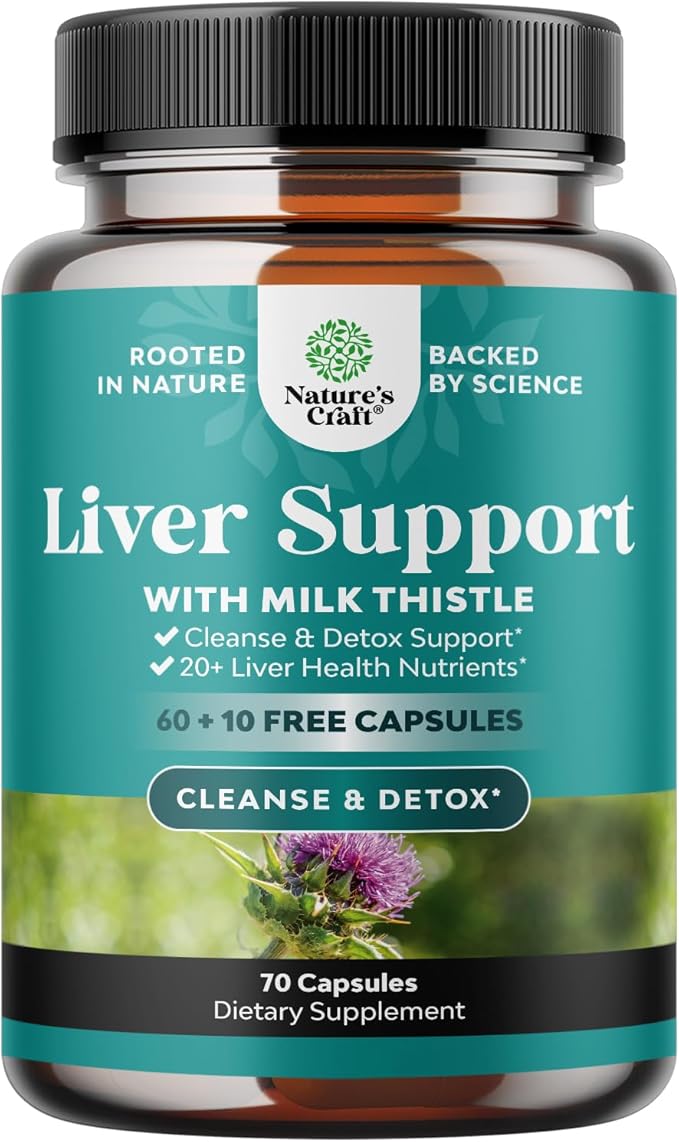
Liver Cleanse Detox & Repair Supplement with Milk Thistle
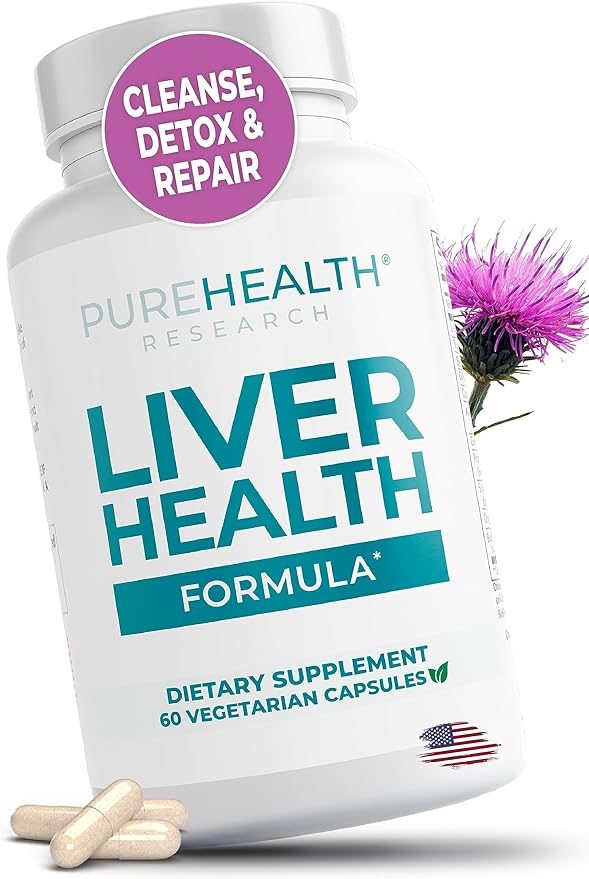
Liver Health Liver Cleanse Detox & Repair with Artichoke
"(Paid Links)" 
Foods and Beverages Containing Sugars
Certain foods and drinks, such as soft drinks, sweeteners, confections, and other refined snacks, contain high amounts of added sugars, which can cause excessive fat buildup in the liver. However, by avoiding these added sugars and opting for sweetness from fruits and other natural sources in moderation, you can take control of your liver health and overall wellness.
Refined Carbohydrates
Eating refined carbohydrates, such as white bread, white rice, and pastries, can cause insulin resistance or elevate blood sugar levels. Insulin resistance, in turn, goes hand in hand with the presence of fatty liver disease. Opt for carbohydrates that include whole grains, such as brown rice, quinoa, and whole wheat bread, so that it can regulate blood sugar levels more since those contain fiber.
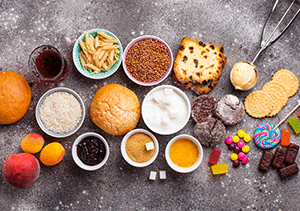
Fried and Fatty Foods
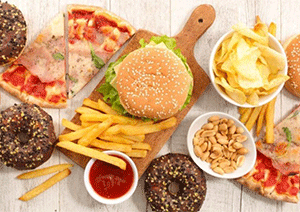
Liver fat, specifically, and fats in general, may add more to the liver during quick months of bad dietary management. Potentially harmful fried foods or snacks like french fries, fried chicken, doughnuts, and so on are served with unhealthy oils, thus are dangerous for the liver. Considering these unhealthy fats, the problem can be seen in some processed meats, including sausages and hot dogs. It is best to adopt cooking methods such as baking, grilling, and steaming while eating low-fat protein sources such as chicken, fish, pulses, and other legumes.
Alcohol
Even a little consumption of alcohol is harmful in fatty liver disease. The liver is hypertrophied by alcohol metabolism, and its excessive consumption increases fat accumulation by causing inflammation and fibrosis. If there’s Fatty liver disease, then it is important to take the opinion of the healthcare provider regarding the alcohol intake.
Salty Foods
Excess fluid retention may also be due to increased sodium consumption, which raises blood pressure and further strains the liver. Chips, canned soup, and deli meat—all processed foods—also contain a lot of salt. Otherwise, it is better to rely more on fresh and unprocessed foods, herbs, and spices instead of salt to reduce sodium to the recommended amounts.
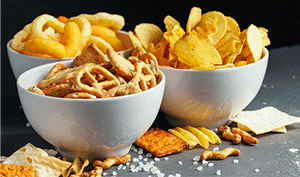
High-Calorie Foods
Excessive calories cause weight gain, which aggravates fatty liver. One should refrain from consuming fast food, convenience foods, or any calorie-dense sugary snacks that offer little nutrition. Instead, a better approach would be to consume high amounts of vegetables, fruits, nuts, or seeds that are low in calories yet healthy because they are nutrient-dense.
Conclusion
If you have fatty liver disease, making conscious dietary choices is vital for managing your condition and promoting liver health. Avoiding sugary foods, refined carbohydrates, unhealthy fats, alcohol, salty foods, and high-calorie snacks can significantly impact your liver's health. It’s also beneficial to consult a healthcare provider or nutritionist to develop a personalized eating plan supporting your health goals. Making these changes benefits your liver and contributes to overall health and well-being.
